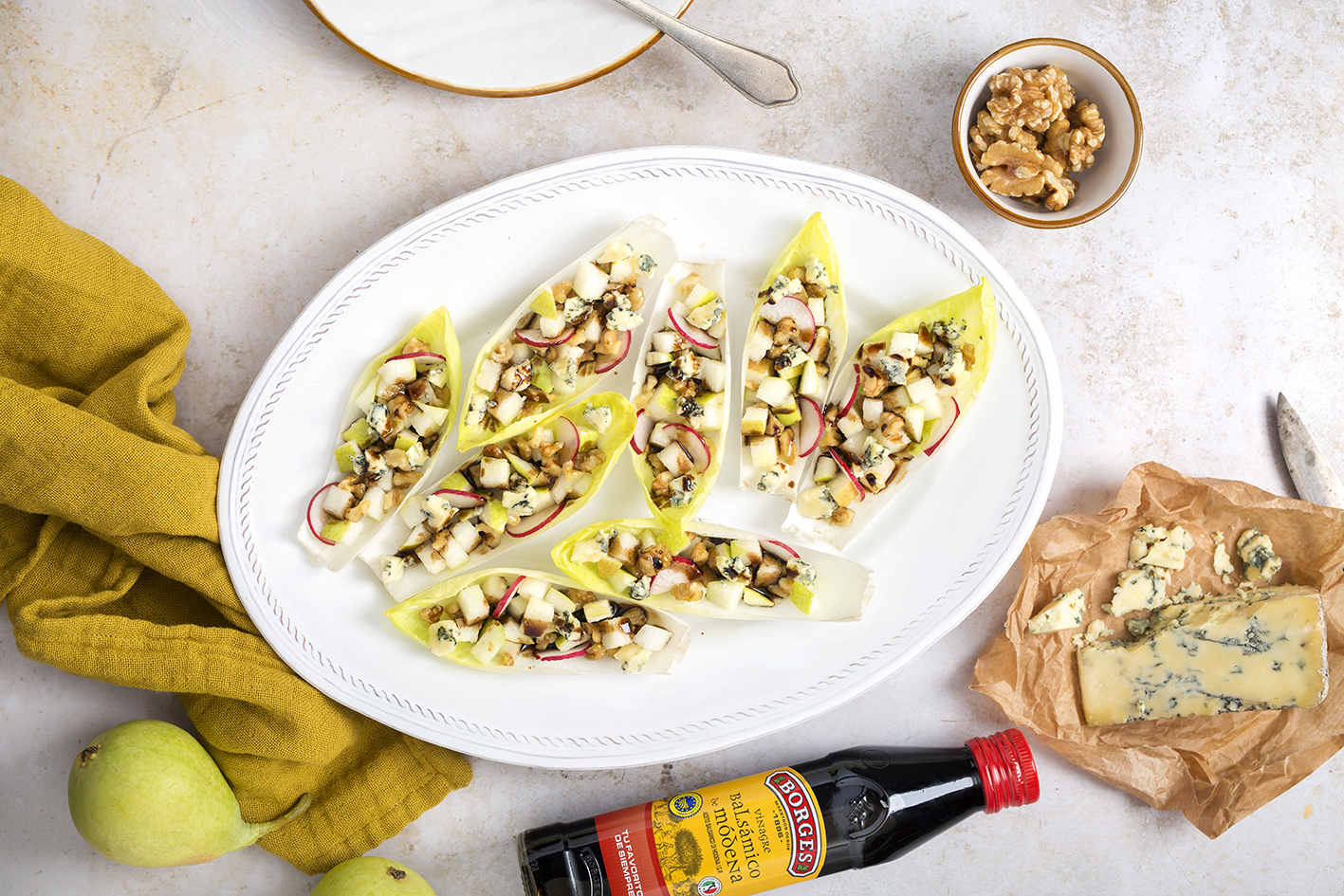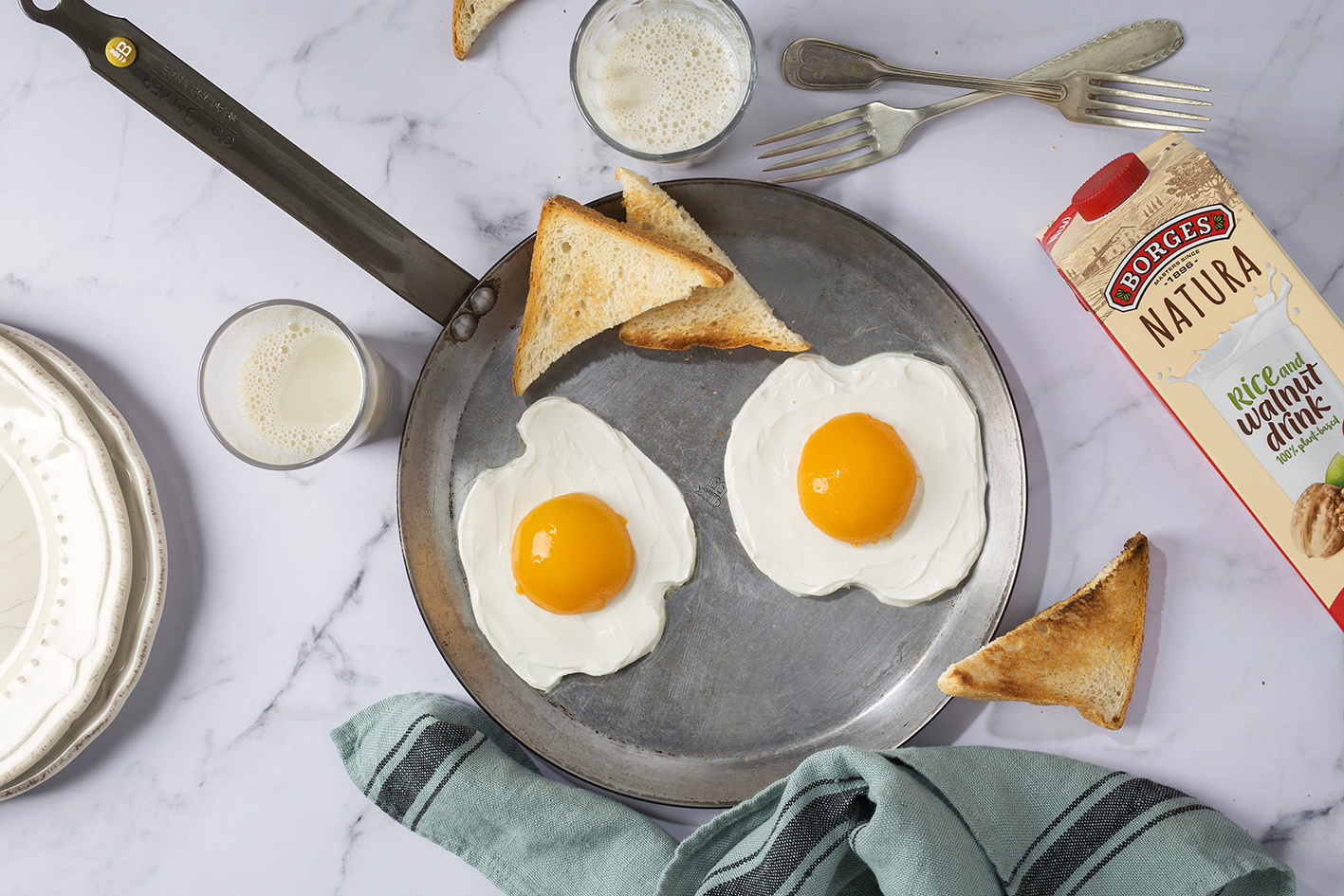Some days you feel like you barely do any exercise at all. You catch the bus to work from right outside your front door, you don’t move from your desk all morning until you eat lunch in the canteen, then it’s back to your desk before travelling home and plonking yourself down on the sofa. And you feel exhausted! A lack of physical exercise is one of the causes of the dreaded thrombosis, which obstructs the flow of blood through the circulatory system when a vein or artery is blocked by a clot.
Keeping an eye on the scales, doing exercise, getting up regularly from your chair (popping over to the coffee machine or, why not?, chatting with a colleague in another department) and not smoking are some habits that help keep thrombosis at bay. And what about food? What should you eat to avoid it? Don’t worry: there are plenty of delicious healthy options.
Juice it up! Strawberry, orange, lemon, tomato or carrot. Vitamin C boosts production of collagen and elastin, which helps keep artery walls flexible.
Green power. Dark-green vegetables are a source of Vitamin K, a powerful coagulant. Try swapping iceberg lettuce, which has about as much goodness in it as an old shoe, for spinach, rocket, Swiss chard or lamb’s lettuce. One simple choice can make all the difference.
Let’s hear it for salmon. Or tuna, sardines and (king) prawns. Try calling in at your local fishmonger’s and buying fatty fish. They’re a great source of Vitamin E, which helps combat cholesterol building up in your arteries. Other sources include avocadoes, broccoli and, of course, almonds, right? Don’t tell me you don’t already eat a handful a day to keep the doctor away…
Get back, salt. Sodium is the great enemy of circulation and you’d be well advised to cut it out altogether. You can get low-sodium salt, but the best advice is simply to gradually add less salt to your food until your palate adapts.
Mass-produced baked goods, the enemy. They’re not good for anyone, but they’re especially bad if you have a family history of thrombosis or are worried about your circulation. They are full of saturated fats, empty calories and a whole host of additives that don’t do anyone any good.


